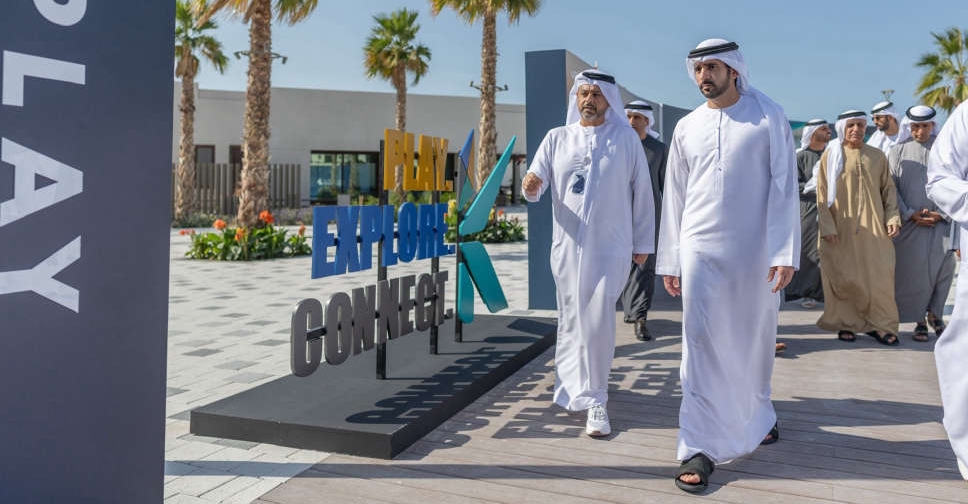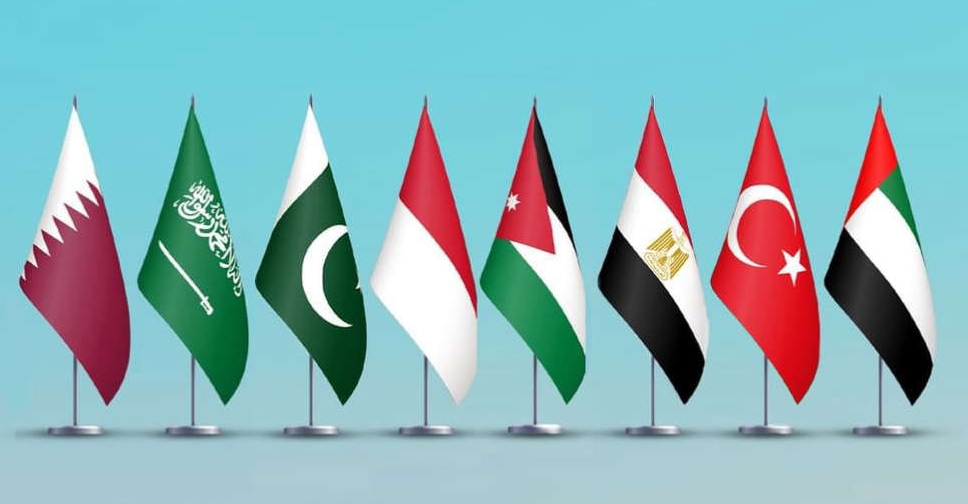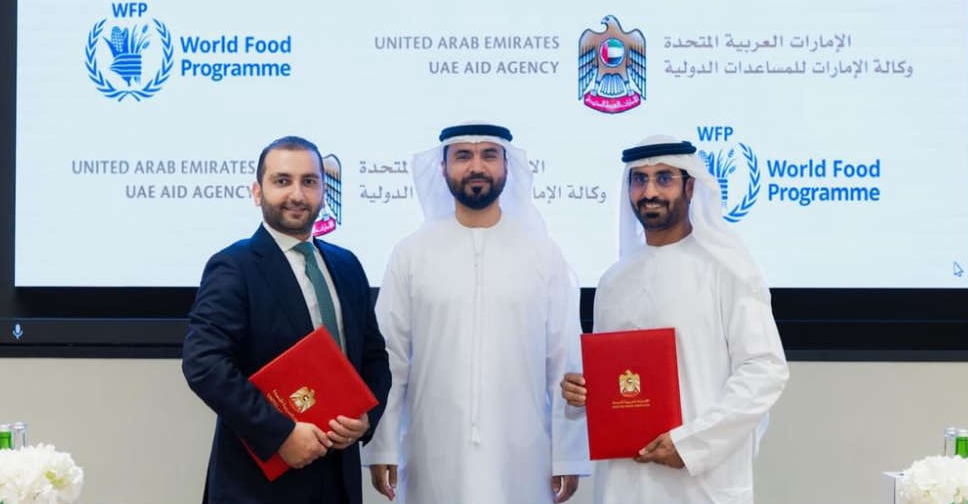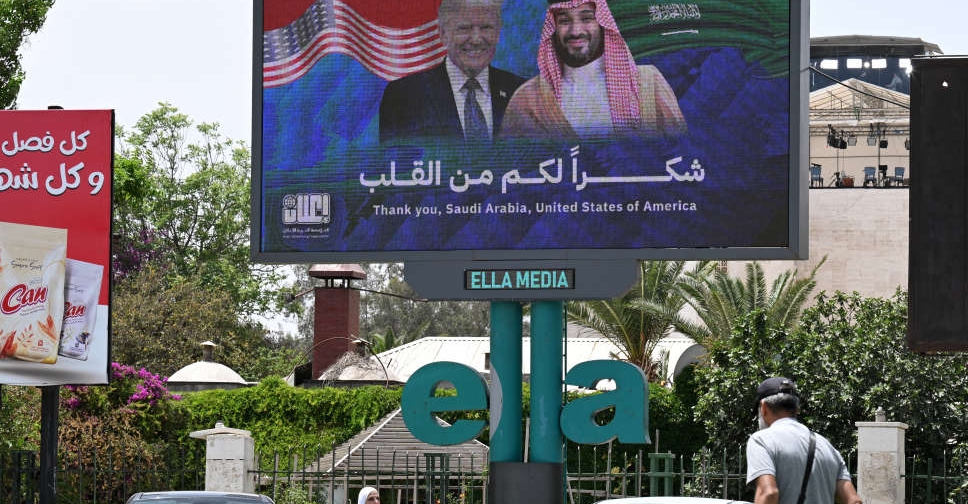
The Trump administration issued orders on Friday that it said would effectively lift sanctions on Syria, after President Donald Trump this month pledged to unwind the measures to help the country rebuild after a devastating civil war.
The Treasury Department issued a general licence that authorises transactions involving the interim Syrian government led by President Ahmed al-Sharaa, as well as the central bank and state-owned enterprises.
The general licence, known as GL25, "authorises transactions prohibited by the Syrian Sanctions Regulations, effectively lifting sanctions on Syria," the Treasury said in a statement.
"GL25 will enable new investment and private sector activity consistent with the President’s America First strategy," the statement said.
Secretary of State Marco Rubio also issued a 180-day waiver under the Caesar Act to ensure that sanctions do not obstruct investment and to facilitate the provision of electricity, energy, water and sanitation and enable humanitarian efforts, he said in a statement.
'POSITIVE STEP'
Syria welcomed the sanctions waiver early on Saturday, which the Foreign Ministry called a "positive step in the right direction to alleviate the country's humanitarian and economic suffering".
Syria is keen on cooperating with other countries "on the basis of mutual respect and non-interference in internal affairs. It believes that dialogue and diplomacy are the best path to building balanced relations," the ministry said in a statement.
Most of the US sanctions on Syria were imposed on the government of Syrian President Bashar al-Assad and key individuals in 2011 after civil war erupted there. Sharaa led militias that overthrew Assad in December.
The general licence names Sharaa, formerly sanctioned under the name Abu Muhammad al-Jawlani, among the people and entities with whom transactions are now authorised. It also lists Syrian Arab Airlines, the Central Bank of Syria and a number of other banks, several state oil and gas companies and the Four Seasons Damascus hotel.
Trump unexpectedly announced last week that he would lift the sanctions at the behest of Saudi Arabia's crown prince, a major US policy shift he made before meeting briefly with Sharaa in Riyadh.
It is hoped that easing Syria sanctions will clear the way for greater engagement by humanitarian organisations working in Syria, encouraging foreign investment and trade as the country rebuilds. But the US has imposed layers of measures against Syria, cutting it off from the international banking system and barring many imports, and the potential for sanctions on a country to return can chill private-sector investment.
The US first put the country on its list of state sponsors of terrorism in 1979 and since then has added additional sets of sanctions, including several rounds following the country’s 2011 uprising against Assad.



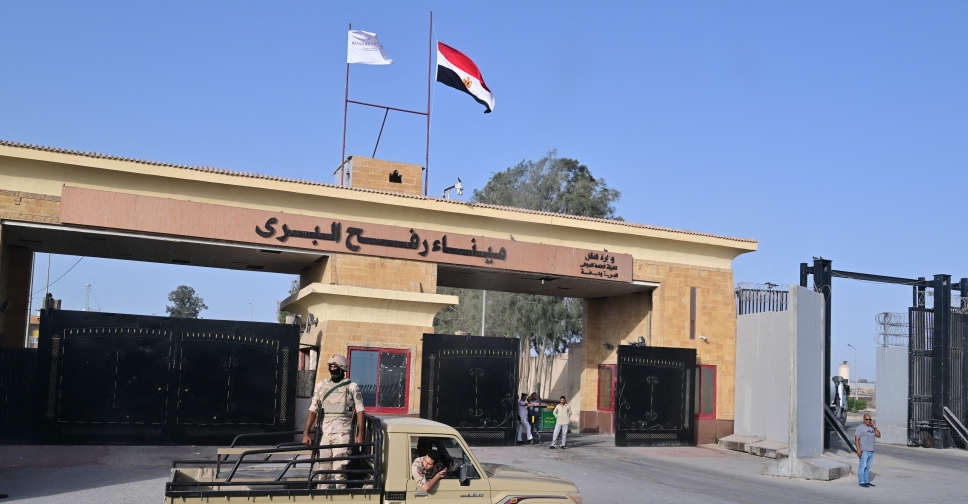 Reopening of Gaza's Rafah crossing expected Monday
Reopening of Gaza's Rafah crossing expected Monday
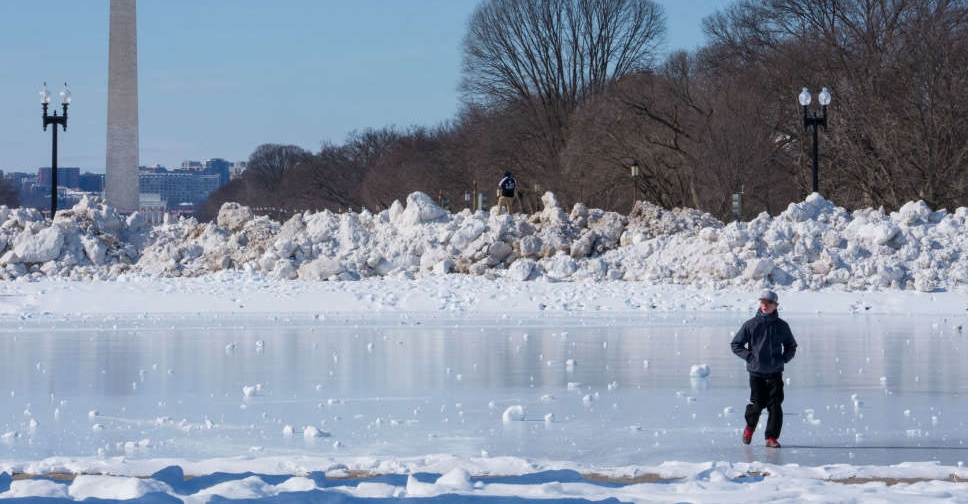 Winter storm death toll in United States reaches 90
Winter storm death toll in United States reaches 90
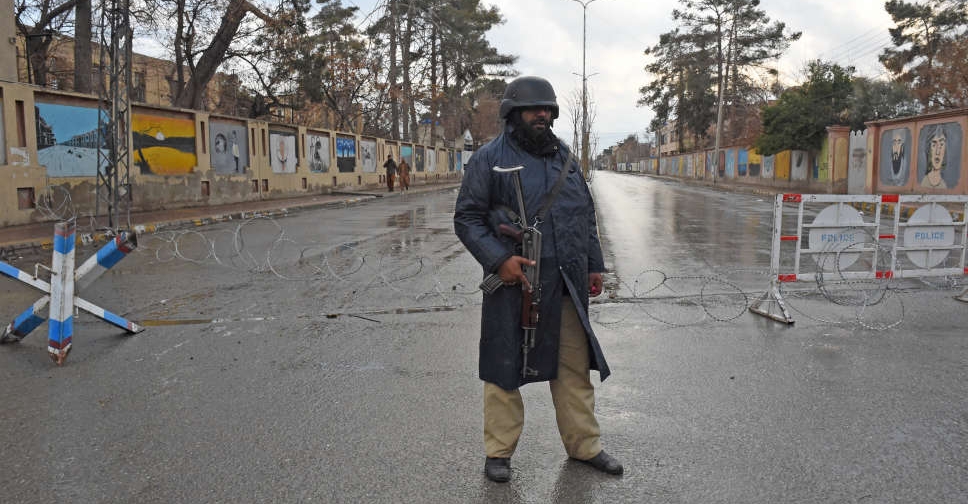 Pakistan says 145 militants killed after attacks in Balochistan
Pakistan says 145 militants killed after attacks in Balochistan
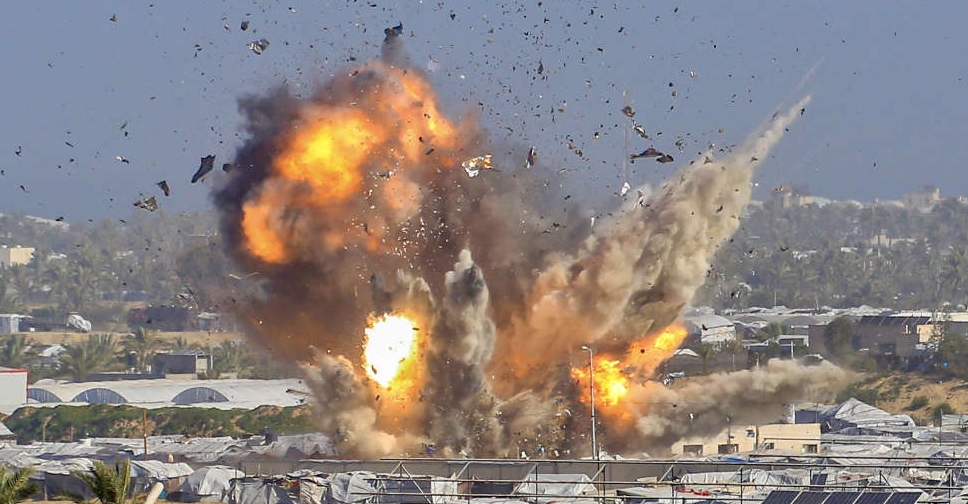 Israeli strikes kill 26 in Gaza, health officials say
Israeli strikes kill 26 in Gaza, health officials say
